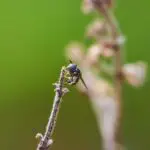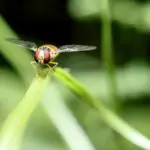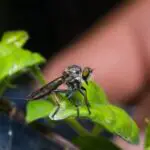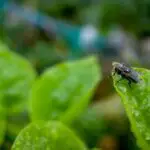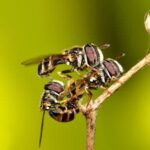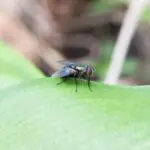How Are Flies Good For the Environment?
Flies are a common sight in our surroundings and are often associated with dirt and disease, but the truth is that most flies are beneficial to the environment. Throughout the world, more than 100 000 different species of flies are known to exist, and many of them contribute to the health of ecosystems. Understanding the role of flies in the environment is crucial to our own well-being.
First of all, flies are decomposers, which means that they feed on decaying matter and make the environment cleaner. They also act as food for other organisms, which is important for the environment. This makes flies an important component of the eco-system, as their presence helps break down waste and produce nutrients that other organisms can use.
Many species of flies provide important human and ecological services, particularly in aquatic environments. However, they are also pests and are known to carry disease agents. As such, it is important for the scientific community to find a balance between the beneficial and harmful impacts of aquatic Diptera, and to ensure that populations are stable.
Another benefit of flies is their role as recyclers. They feed on dead bodies and produce maggots that break down the flesh and return the nutrients to the environment. Many other flies also perform the same function. In Europe, for example, house flies are used to break down manure, which makes them an essential part of the world’s recycling process.


